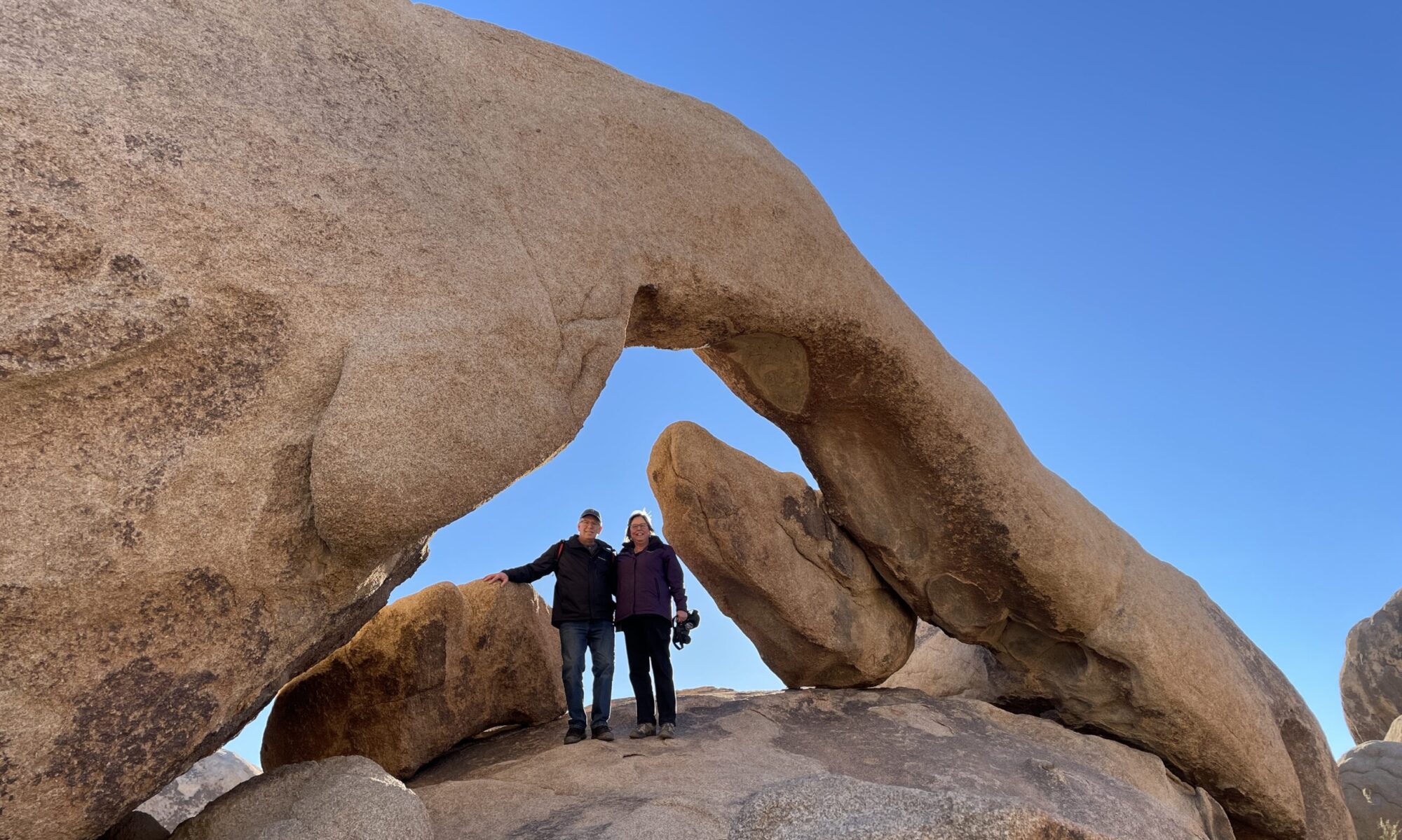Then we will no longer be immature like children. We won’t be tossed and blown about by every wind of new teaching. We will not be influenced when people try to trick us with lies so clever they sound like the truth (Ephesians 4:14; New Living Translation).
Powerful words impact me. I can be swayed and persuaded and captivated by powerful rhetoric. I am the son and brother and father of educators. I value good preaching and well-reasoned arguments.
Through articulate speech, we can taste and see that the Lord is good. Through prophetic speech, we can be moved to change our ways. Through imaginative speech and storytelling, we can enter a scene with all our senses. Through a common message, we can receive guidance and be brought together.
 And we live in an argumentative culture. Arguments presume a common commitment to language and practice. For me, this common commitment is lacking in our national discourse. I keep catching myself assuming there is a common commitment only to find that we aren’t even on the same page or even in the same book. I feel discouraged when I find instead a commitment to creating confusion and misdirection and chaos so that valuable efforts are blocked or dismissed.
And we live in an argumentative culture. Arguments presume a common commitment to language and practice. For me, this common commitment is lacking in our national discourse. I keep catching myself assuming there is a common commitment only to find that we aren’t even on the same page or even in the same book. I feel discouraged when I find instead a commitment to creating confusion and misdirection and chaos so that valuable efforts are blocked or dismissed.
When we hold antagonistic intentions and use argumentative words, we can get ourselves into exhausting and even dangerous interactions. We can be terribly torn apart and harmed in significant ways. When we define ourselves as being against anything another person or group does or says, what kind of conversation or interaction do we want to have?
The writer of Ephesians describes the risk of being tossed and blown about by these kinds of interactions “when people try to trick us with lies so clever they sound like the truth.”
When I recognize the potential for a conversation or interaction to go in that direction, I try to remember to answer for myself and then ask two guiding questions:
What kind of conversation do you want to have?
Why is this topic important to you?
I want to have meaningful personal interactions. I want to devote a fitting or appropriate amount of time to the importance and urgency of my conversations. I don’t want to waste time in useless conversation or distracting conflict.
I struggle with interactions when I have not answered those two questions or cannot tell how committed other people are to what they are saying.
Nassim Nicholas Taleb, the author of Antifragile: Things That Gain from Disorder, brings this out in specific detail:
For the Romans, engineers needed to spend some time under the bridge they built…The English went further and had the families of the engineers spend time with them under the bridge after it was built. To me, every opinion maker needs to have “skin in the game” in the event of harm caused by reliance on his information or opinion (Antifragile, 381).
For me, the danger of not growing in our ability to communicate with each other (Ephesians) or of not spending time under the bridges we build with our language (Antifragile) is the loss of our ability to find and meet on common ground for the well being of our Church, community, nation, and world.
 In our Wesleyan tradition, we practice Christian conferencing. According to Rev. Steve Manskar, “Christian conference is the method of Methodism…People were formed and grew in holiness of life. (They) learned the means of grace and were given the accountability and support for making those practices a part of life.” Inspiring worship, vibrant small groups, and service-oriented projects are the evidence of Christian conferencing.
In our Wesleyan tradition, we practice Christian conferencing. According to Rev. Steve Manskar, “Christian conference is the method of Methodism…People were formed and grew in holiness of life. (They) learned the means of grace and were given the accountability and support for making those practices a part of life.” Inspiring worship, vibrant small groups, and service-oriented projects are the evidence of Christian conferencing.
The experience of an accepting and sustaining community for spiritual growth is part of our DNA as the Church and as disciples of Jesus Christ. It is tough to keep finding God’s ways in the world. I believe we eventually find that we need each other to deal with the things that toss and blow us about. We need help to answer questions about what kinds of conversations we want to have and how committed we are to having them in good faith.
As a congregation, we have put our intention in writing: We envision to grow a loving community while we gather, connect, learn, and serve.
So, let’s keep building that loving community as we answer and ask important questions, and thank God for the strength we find to do so.

